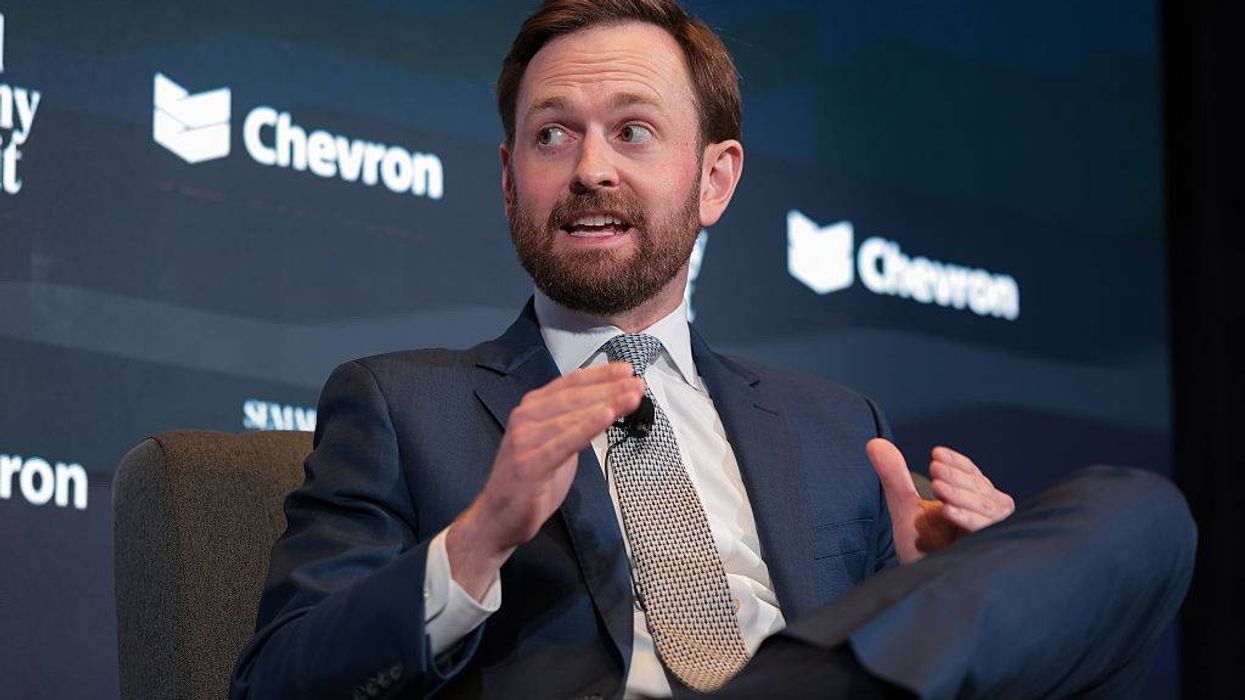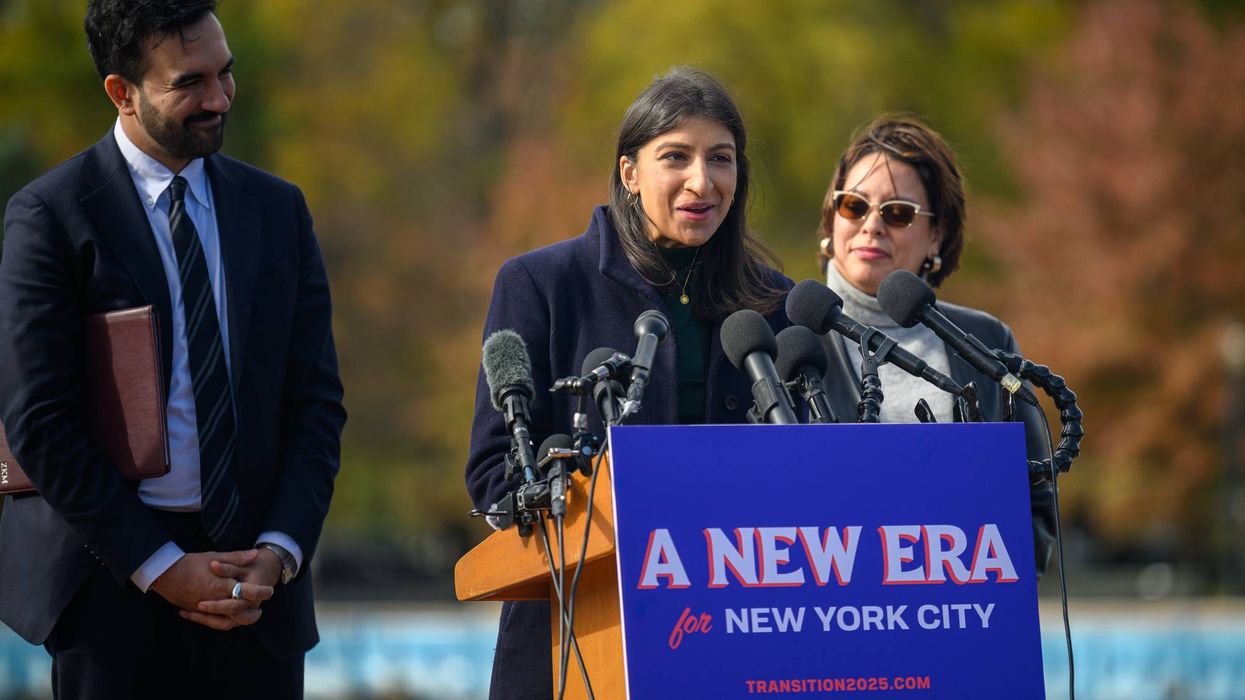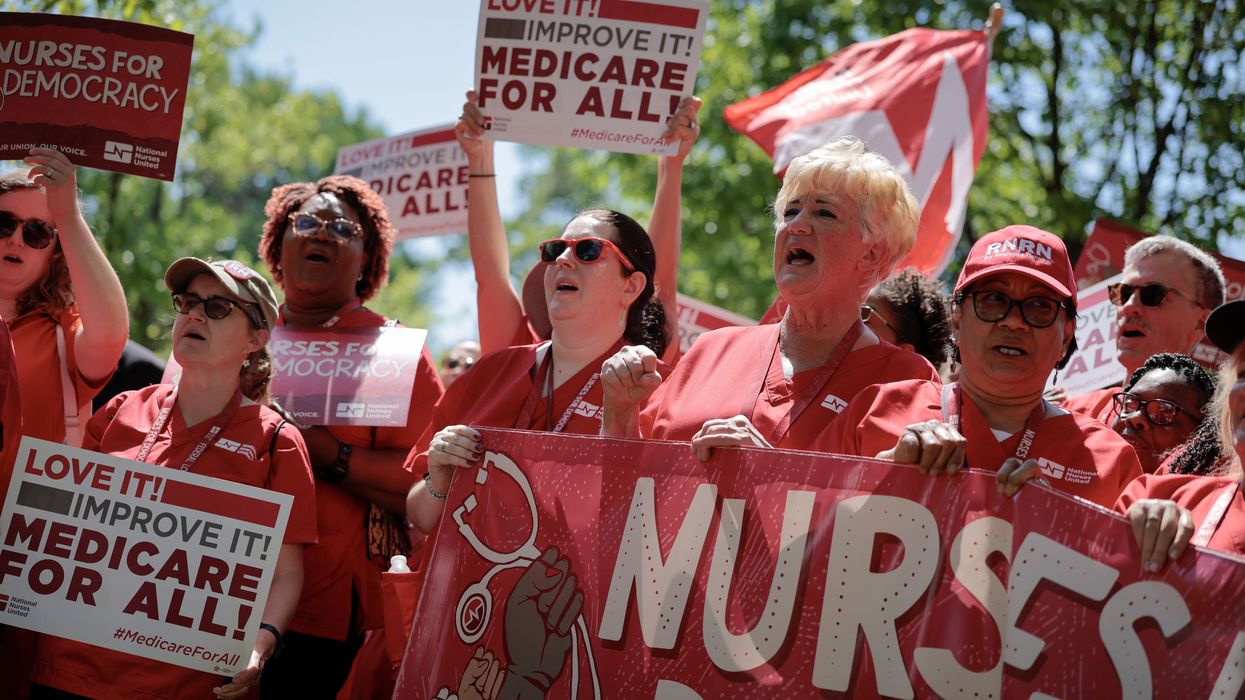April, 15 2013, 08:15am EDT

For Immediate Release
Contact:
Dan Beeton, 202-239-1460
Maduro's Win, Though Narrow, Likely Results from People's Improved Living Standards in Chavez Era, says CEPR Co-Director
U.S. Should Recognize Results, as Rest of Hemisphere Will
WASHINGTON
The Obama administration should recognize the presidential election results in Venezuela, Center for Economic and Policy Research (CEPR) Co-Director Mark Weisbrot said today. Venezuela's electoral authority, the Consejo Nacional Electoral (CNE) reported early results showing that Nicolas Maduro had won by a margin of 1.6 percentage points over Henrique Capriles (50.7 to 49.1 percent), or about 275,000 votes.
"The Obama administration should not play politics with this one," said Weisbrot. "As in most elections or plebiscites in Venezuela since 2004, there are elements of the opposition that do not want to accept the choice of the voters. The Obama administration should not encourage them."
Weisbrot noted that the Obama administration has been hostile to the Chavez government through the last months of Chavez' life, and even after his death, when it issued an unfriendly statement that did not even offer condolences.
Although the election was relatively close, Venezuela's voting system is very secure, and 54.3 percent of the machines are subject to a random paper ballot audit by the National Electoral Council (on which the opposition is represented). Voters make their choice on a touch screen and a paper receipt is printed, which the voter then examines and places in a ballot box. Thus, there are two records for every vote. To manipulate the vote, one would have to fix the machines, and then go back and stuff the ballot boxes to match the electronic manipulation - something that would be extremely difficult if not impossible.
Former U.S. president Jimmy Carter last year called Venezuela's electoral system "the best in the world," and ahead of today's elections former president of Guatemala Alvaro Colom - who monitored the elections - stated that the vote was "secure" and could easily be verified.
"Unlike in the United States, where we really don't know who won when the vote is close, in Venezuela it can be verified," said Weisbrot.
150 electoral monitors from around the world monitored Venezuela's elections today, visiting voting centers around the country and also observing counting and verification procedures. They include delegations from the Union of South American Nations (UNASUR), the Carter Center and the Union Interamericana de Organismos Electorales.
By contrast, U.S. Assistant Secretary of State for Western Hemispheric Affairs Roberta Jacobson told Spanish newspaper El Pais last month that "It will be a little difficult" for Venezuela to have "clean and transparent" elections.
Capriles has called for an audit of 100 percent of the votes, and Maduro said he is open to the idea. But Weisbrot noted that even with a random sample of 54 percent, there would be no doubt about the outcome.
Weisbrot noted that Maduro's win was most likely attributable in large part to the increase in living standards during the Chavez presidency, and support for the government's misiones, or social programs. Since the Chavez government got control over the national oil industry, poverty was reduced by about half and extreme poverty by 70 percent. Unemployment has fallen from 14.5 to 8 percent, and income inequality has dropped sharply. Add to that the enormous support for the misiones that provide free health care and expanded access to education, and it is not surprising that a majority of Venezuelans would vote for continuity.
The Center for Economic and Policy Research (CEPR) was established in 1999 to promote democratic debate on the most important economic and social issues that affect people's lives. In order for citizens to effectively exercise their voices in a democracy, they should be informed about the problems and choices that they face. CEPR is committed to presenting issues in an accurate and understandable manner, so that the public is better prepared to choose among the various policy options.
(202) 293-5380LATEST NEWS
Trump’s Lax Approach to Antitrust Helps Spur Banner Year for Corporate Mergers
"Trump’s new antitrust enforcers have demonstrated a willingness to facilitate dealmaking through an uptick in early terminations and settlements," said the American Economic Liberties Project.
Dec 26, 2025
Global corporate mergers surged to near-record highs in 2025, driven in part by US President Donald Trump's lax approach to antitrust enforcement.
The Financial Times reported on Friday that global dealmaking in 2025 topped $4 trillion, including 68 mergers worth $10 billion or more, highlighted by Netflix's $72 billion bid to buy Warner Bros. Discovery and a proposed $85 billion mega-merger between railway giants Union Pacific and Norfolk Southern.
The US alone accounted for $2.3 trillion worth of mergers and acquisitions, which the Financial Times said highlighted the Trump administration's role in green-lighting corporate consolidation.
"Top dealmakers said that the Trump administration’s push to loosen regulation had encouraged companies to explore tie-ups that they might otherwise have been hesitant to pursue," the Financial Times explained.
Andrew Nussbaum, co-chair of the executive committee at law firm Wachtell, Lipton, Rosen & Katz, told the Financial Times that corporate leaders "see a willingness of the regulators to engage in constructive dialogue" under the second Trump administration, which has given them "a willingness to take on regulatory risk for transactions that are strategic."
The American Economic Liberties Project has also taken note of the Trump administration's role in shepherding through big mergers, and created a Trump Merger Boom tracker earlier this year to document the massive wave of corporate consolidation.
In its analysis of the administration's lax approach to antitrust enforcement, the American Economic Liberties Project said that "Trump’s new antitrust enforcers have demonstrated a willingness to facilitate dealmaking through an uptick in early terminations and settlements."
"Despite pro-enforcement rhetoric early on from Trump’s heads of the FTC and DOJ Antitrust Division," the American Economic Liberties Project added, "it’s becoming increasingly clear that agency leadership is having trouble making their decisions in a vacuum—with a quiet tide of deals granted to companies that have been friendly to the White House."
Keep ReadingShow Less
Lina Khan ‘Scouring New York City Laws’ to Help Zohran Mamdani Drive Down Prices
Khan and members of her team are reportedly "dusting off a little-used 1960s price-gouging statute" in an effort to bolster the mayor-elect's affordability push in New York City.
Dec 26, 2025
Former Federal Trade Commission chair and antitrust trailblazer Lina Khan is reportedly poring over New York City's laws to help Democratic Mayor-elect Zohran Mamdani fulfill the central promise of his campaign: making the metropolis more affordable.
According to the New York Times, Khan—in her capacity as co-chair of the mayor-elect's transition team—"has spent weeks scouring New York City’s laws to find dormant or underused mayoral authority that could allow Mr. Mamdani to take action in a hurry."
Potential actions "include specific attempts to drive down apartment rental fees and utility costs and compel businesses to be more transparent about pricing," as well as "dusting off a little-used 1960s price-gouging statute and policing new protections for food delivery workers," the Times reported, citing three unnamed people familiar with internal discussions.
As head of the FTC under former President Joe Biden, Khan took groundbreaking legal action against major corporations such as Amazon and, in the words of one antitrust advocacy group, "reinvigorated enforcement of the Robinson-Patman Act, a long-dormant law designed to prevent price discrimination by big corporations, through two separate cases against PepsiCo and Southern Glazer’s—major victories for smaller and independent businesses."
Khan, according to the Times, hopes to spur similar action in New York City. Members of her team, which includes former federal regulators, have "studied a 1969 consumer protection law meant to prohibit 'unconscionable' business tactics, to potentially target hospitals and sports stadiums where consumers typically have little choice but to pay high prices for products that are cheaper elsewhere."
Additionally, the newspaper reported, "they have looked at whether food delivery companies, which wield significant power in the city, are complying with laws that protect their drivers, and whether landlords are complying with a newly enacted law barring many real estate brokers from collecting thousands of dollars in fees."
Douglas Farrar, a spokesman for Khan, told the Times that the former FTC chair and her team have "worked closely" with the Mamdani transition "to provide key research support on ideas for hitting the ground running."
Keep ReadingShow Less
Bezos-Owned Newspaper Bashes Medicare for All in Christmas Day Editorial
The Washington Post editorial predictably ignores research showing that a single-payer system would save hundreds of billions of dollars—and tens of thousands of lives—each year.
Dec 26, 2025
An editorial published on Christmas by the Jeff Bezos-owned Washington Post inveighed against supporters of Medicare for All in the United States, pointing to the struggles of Britain's chronically underfunded National Health Service as a "cautionary tale" while ignoring research showing that a single-payer system would save the US hundreds of billions of dollars and tens of thousands of lives each year.
The editorial, headlined "Socialized medicine can’t survive the winter," laments the "religious-like devotion to the NHS" in the United Kingdom even as "hospital corridors overflow and routine procedures get canceled due to a catastrophic event commonly known as 'winter.'"
The Post editorial board, led by opinion editor Adam O'Neal, waves away expert analyses showing that the UK government is underinvesting in its healthcare system relative to other countries in Europe, resulting in the kinds of problems the Thursday editorial attributed to the supposedly inherent flaws of single-payer systems.
"This is the dark reality of single-payer and a cautionary tale for the third of Americans who mistakenly believe Medicare for All is a good idea," the editorial declared ominously.
The editorial understates Medicare for All's popularity among US voters. A recent Data for Progress survey found that even after hearing common opposing arguments, 58% of voters strongly or somewhat support improving Medicare and expanding it to cover everyone in the US.
A separate poll conducted by GQR Research found that 54% of voters nationally, and 56% in battleground districts, support Medicare for All. US Rep. Pramila Jayapal (D-Wash.), the co-leader of the Medicare for All Act in the House, is reportedly planning to present those findings to colleagues next month as she pushes Democrats to rally behind her legislation ahead of the critical midterm elections.
Welcome to the newest co-sponsors of my Medicare for All bill in the House!
Medicare for All is not only good policy — as premiums skyrocket for millions of Americans — it is incredibly popular. Let’s keep building momentum for universal health care and get this passed! pic.twitter.com/k5sg7hEkYR
— Rep. Pramila Jayapal (@RepJayapal) December 25, 2025
The renewed push for Medicare for All comes as the corporate-dominated healthcare status quo hits Americans with massive premium hikes stemming from congressional Republicans' refusal to extend Affordable Care Act tax credits.
Predictably, the Post's editorial board—which Bezos has instructed to write "every day in support and defense of two pillars: personal liberties and free markets"—neglected to mention the myriad horrors of the United States' for-profit system in its diatribe against Medicare for All.
The editorial also ignores research showing potentially massive benefits from a transition to Medicare for All, which would virtually eliminate private insurance while providing comprehensive coverage to everyone in the US for free at the point of service.
One study published in The Lancet estimated that a Medicare for All system would save more than 68,000 lives and over $450 billion in healthcare expenditures annually.
An analysis by Yale researchers calculated that "if the US had had a single-payer universal healthcare system in 2020"—which marked the onset of the Covid-19 pandemic—"nearly 212,000 American lives would have been saved that year" and "the country would have saved $105 billion in Covid-19 hospitalization expenses alone."
Keep ReadingShow Less
Most Popular


